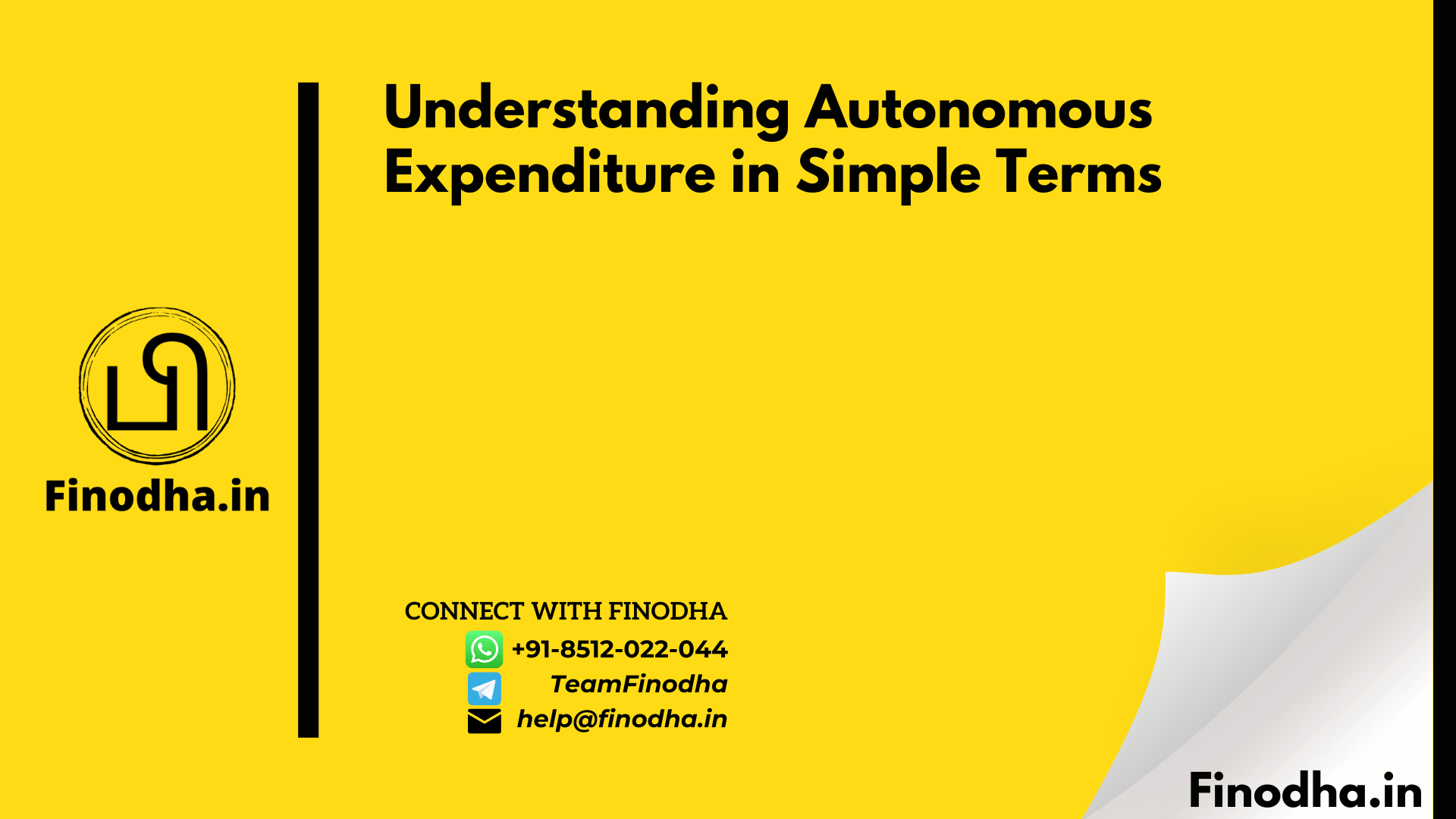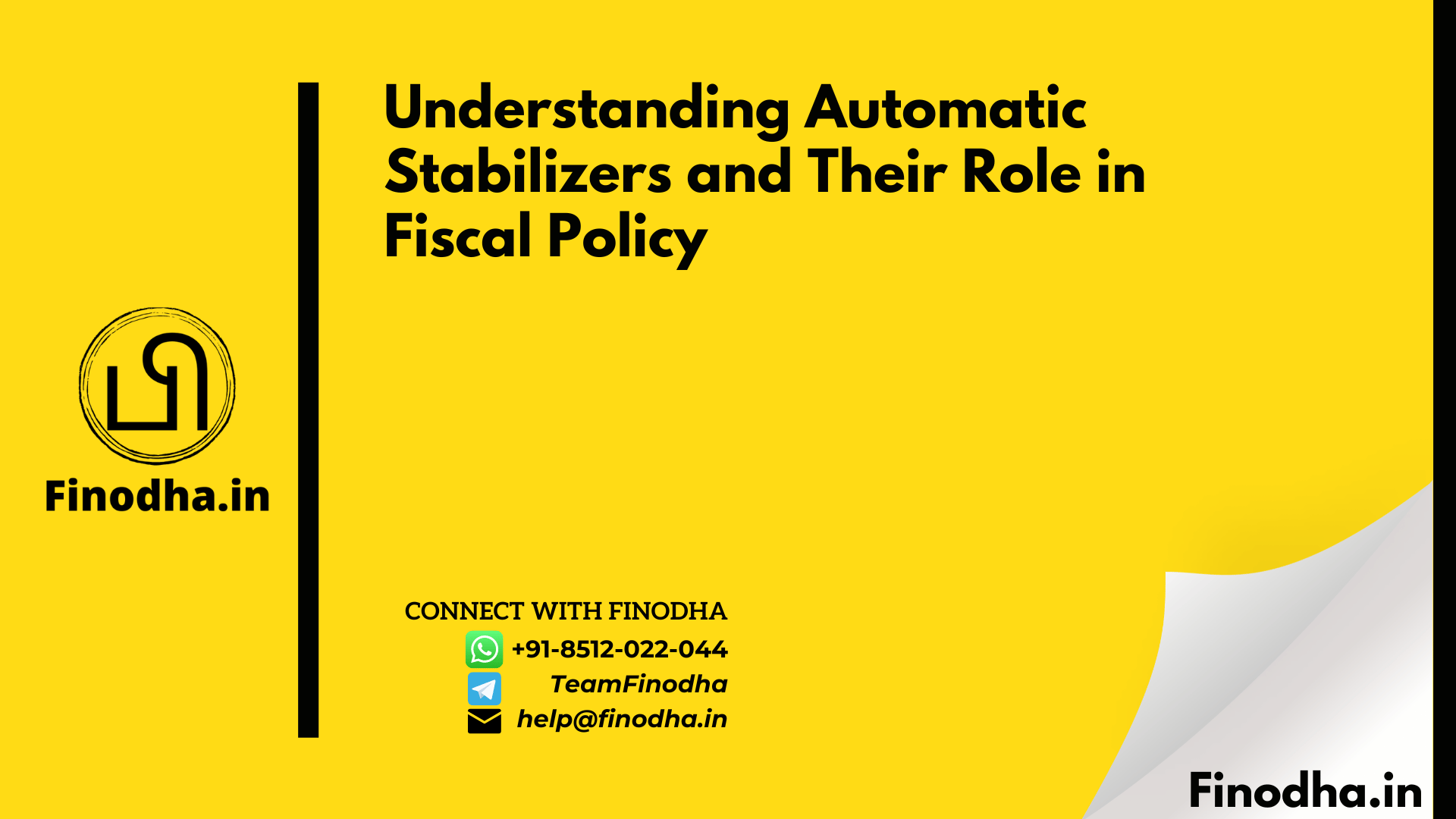Important Keyword: Clubbing of Income, HUF, ITR-2, Salary Income.
Table of Contents
Clubbing of Income under Section 64
In the realm of income taxation in India, taxpayers are obligated to report and pay taxes on all earnings accrued throughout the fiscal year. Yet, there are instances where the income of another individual is amalgamated, or “clubbed,” with the taxpayer’s taxable income. In such scenarios, the taxpayer assumes the responsibility of paying taxes not only on their own income but also on the income of others. This practice, termed as “clubbing of income,” is governed by the provisions delineated in Section 64 of the Income Tax Act.
Under these regulations, taxpayers are mandated to incorporate the total income, including any clubbed income, when filing their Income Tax Returns (ITRs) on the designated income tax website. By adhering to these provisions, taxpayers ensure compliance with tax laws and fulfill their obligations towards reporting and paying taxes on their combined incomes.
What is Clubbing of Income under section 64 of the Income Tax Act?
Clubbing of income occurs when the income of another person is included in the total income of the assessee as per the provisions outlined in Section 64 of the Income Tax Act. Essentially, this means that individuals cannot divert their income to others to evade tax liabilities. For instance, if the income of one’s spouse is amalgamated with their own income, resulting in the taxpayer paying taxes on both their income and their spouse’s, it constitutes clubbing of income.
However, certain exceptions exist where income earned from the investment of clubbed income is not subjected to clubbing provisions. For example, if Hari transfers INR 10,000 to his wife Priya, and Priya invests the amount in a Fixed Deposit (FD) scheme, the interest earned on the FD will be clubbed with Hari’s total income, making him liable to pay tax on it. Yet, if Priya reinvests the interest earned from the FD in another investment scheme, the income from this reinvestment will be taxable solely in Priya’s hands. Consequently, Hari is not obligated to pay tax on the reinvested interest income.
According to Section 64, specific persons’ incomes must be clubbed with that of the individual taxpayer. Let’s explore the scenarios where the provisions of clubbing of income are applicable.
| Section | Specified person | Specified scenario | Clubbing of Income |
| Section 60 | Any person | Transfer of Income without transfer of Assets either by way of an agreement or any other way, | – Any income from such asset will be clubbed in the hands of the transferor. – Irrespective of whether such transfer is revocable or not. |
| Section 61 | Any person | Transferring asset on the condition that it can be revoked | Any income from such asset will be clubbed in the hands of the transferor |
| Section 64(1A) | Minor child | Any income arising or accruing to your minor child [Child includes step child, adopted child, and minor married daughter] | – Income will be clubbed in the hands of higher-earning parent. Note: If marriage of child’s parents does not subsist, income shall be clubbed in the income of that parent who maintains the minor child in the previous year – If minor child’s income is clubbed in the hands of parent, then exemption of INR 1,500 is allowed to the parent. – Exceptions to clubbing Income of a disabled child (disability of the nature specified in section 80U) – Income earned by manual work done by the child or by activity involving application of his skill and talent or specialized knowledge and experience – Income earned by a major child. This would also include income earned from investments made out of money gifted to the adult child. Also, money gifted to an adult child is exempt from gift tax under gifts to ‘relative’. |
| Section 64(1)(ii) | Spouse | If your spouse receives any remuneration irrespective of its nomenclatures such as Salary, commission, fees, or any other form and by any mode i.e., cash or in-kind from any concern in which you have a substantial interest | – Income shall be clubbed in the hands of the taxpayer or spouse, whose income is greater (before clubbing). The exception to clubbing: – Clubbing is not applicable if the spouse possesses technical or professional qualifications in relation to any income arising to the spouse and such income is solely attributable to the application of his/her technical or professional knowledge and experience |
| Section 64(1)(iv) | Spouse | Income from assets that taxpayer transfers directly or indirectly to the spouse without adequate consideration | – Income from out of such asset is clubbed in the hands of the transferor. Provided the asset is other than the house property. – Exceptions to clubbing i.e. no clubbing of income in the following cases: a. Where the spouse receives the asset as part of the divorce settlement b. If the taxpayer transfers the asset before marriage c. No husband and wife relationship subsists on the date of accrual of income |
| Section 64(1)(vi) | Daughter-in-law | Income from the assets that taxpayer transfers to son’s wife for inadequate consideration | Any income from such assets transferred is clubbed in the hands of the transferor |
| Section 64(1)(vii) | Any person or association of person | Transferring any assets directly or directly for inadequate consideration to any person or AOP to benefit your daughter-in-law either immediately or on a deferred basis | Income of taxpayer shall include income from such assets |
| Section 64(1)(viii) | Any person or association of person | Transferring any assets directly or directly for inadequate consideration to any person or association of persons to benefit your spouse either immediately or on a deferred basis | Income of taxpayer shall include income from such assets |
| Section 64(2) | Hindu Undivided Family | In case, a member of HUF transfers his individual property to HUF for inadequate consideration or converts such property into HUF property | Income of taxpayer shall include income from such property |
Transfer of income without transfer of an asset to any person
Clubbing of income occurs when the transferor directs income from an asset to another person without transferring ownership of the asset itself. According to clubbing provisions, the total income of the transferor will include this income, and they are responsible for paying tax on it.
For instance, let’s consider Pranav, who owns a property and directs the rental income to his wife Divya without transferring ownership of the property to her. In this scenario, as per the clubbing provisions, although Divya receives the rental income, Pranav is still liable to pay tax on it since he is the original owner of the property generating the income.
Transfer of asset (revocable transfer) to any person
When a transfer of assets is revocable, it means that the transferor maintains the right or authority to reclaim the entire asset or its income at any point during the transferee’s lifetime. In such cases, the provisions of clubbing come into effect. This implies that even if the owner transfers the asset to the transferee, the income generated from that asset remains taxable in the hands of the transferor.
However, if the transfer is made via an irrevocable trust during the lifetime of the beneficiaries or transferee, clubbing of income does not apply. For instance, let’s consider Pranav, who transfers both the rental income and the property to Divya but retains the option to reclaim the property at any time. Since this transfer is revocable, the rental income remains taxable in Pranav’s hands, despite the assets being transferred to Divya.
Clubbing of Spouse Income
Income earned by your Spouse from the firm/company in which you have substantial interest
A substantial interest in a company or firm refers to a significant ownership stake or entitlement to profits. This can manifest in two ways:
- Ownership of Shares: If an individual, either independently or jointly with relatives, owns shares that account for 20% or more of the voting power in a company.
- Entitlement to Profits: If an individual, either independently or jointly with relatives, is entitled to 20% or more of the profits in a firm.
When an individual possesses a substantial interest in a firm or company where their spouse earns income, specific tax provisions regarding the clubbing of income apply:
- Inclusion of Spouse’s Income: If the individual’s total income exceeds that of their spouse, the individual’s total income must include the income earned by their spouse.
- Exception for Professional or Technical Skills: If the income earned by the spouse results from the practical application of their professional or technical skills, the clubbing provisions do not apply.
- Limited Application: Clubbing provisions only apply to certain types of income such as salary, commission, fees, or remuneration.
For instance, consider Pranav, who holds a 51% stake in a private limited company. His wife Divya receives a monthly salary of Rs. 20,000 from the same company, despite not actively contributing to its operations. Pranav’s total annual income amounts to Rs. 10,00,000, whereas Divya’s total income (excluding her salary from the company) is Rs. 5,00,000. In this scenario, Pranav’s total income should include Divya’s salary of INR 2,40,000, resulting in a taxable income of INR 12,40,000 for Pranav.
Income from the asset transferred to the Spouse against inadequate consideration
When a taxpayer transfers an asset to their spouse for inadequate consideration, specific tax provisions regarding the clubbing of income from such assets come into play:
- Inclusion of Income: The taxpayer’s total income must include income from the transferred asset if it was transferred to the spouse for inadequate consideration. The taxpayer will be liable to pay tax on the income derived from the asset.
- Exception for Separation or Divorce: If the transfer of the asset is part of an agreement to live apart or divorce, the provisions for clubbing of income do not apply.
Let’s illustrate these provisions with examples:
First Scenario: Rohan transfers an asset worth INR 1,50,000 to his wife for a consideration of INR 50,000. In this case, Rohan’s total income shall include ⅔rd (two-thirds) of the income from the asset, and he would be liable to pay tax on this income. However, the remaining ⅓rd will be taxable in the hands of his wife, as she has paid INR 50,000, which represents 1/3rd (one-third) of the value of the property.
Second Scenario: Mr. Akash gifts INR 5,00,000 to his wife, who invests this amount in a fixed deposit and receives interest of INR 4,500 per annum. Since Mrs. Akash converts the cash received into another asset (FD), the interest she earns of INR 4,500 would be clubbed into the income of Mr. Akash as per Section 64(1)(iv) of the Income Tax Act.
Note: As per the judgment in R Dalmia Vs CIT (1982) and similar judgments, pin money (i.e., an allowance given to the wife by her husband for her personal and household expenses) is not taxable. Furthermore, if the spouse acquires the asset out of pin money, the provisions for clubbing of income shall not apply.
When taxpayer transfers an asset to any person or association of person for the immediate or deferred benefit of Spouse
When a taxpayer transfers an asset to their spouse for inadequate consideration, specific tax provisions come into effect:
- Inclusion of Income: The taxpayer’s total income must include the income that arises from such an asset. They are liable to pay tax on this income.
In simple terms, if a taxpayer transfers an asset to their spouse for a lower value than its actual worth or for no consideration, any income generated from that asset will still be considered as part of the taxpayer’s income for tax purposes. Consequently, the taxpayer will be responsible for paying taxes on that income.
Clubbing of Income of Son’s Wife
When taxpayer transfers asset to son’s wife
When a taxpayer transfers an asset to their son’s wife for inadequate consideration, specific tax provisions apply:
- Inclusion of Income: The taxpayer’s total income will include any income earned by their son’s wife from the transferred asset. Consequently, the taxpayer is liable to pay tax on the total income, including the income earned by their son’s wife.
When taxpayer transfers asset to any person or association of person for the immediate or deferred benefit of son’s wife
When a taxpayer transfers an asset for the benefit of their son’s wife for inadequate consideration, specific tax rules come into play:
- Inclusion of Income: The taxpayer’s total income will encompass any income generated from the transferred asset. Consequently, they are responsible for paying taxes on the income derived from the asset, even if it’s earned by their son’s wife.
It’s important to note that clubbing provisions are applicable only if the taxpayer maintains a relationship with both their spouse and their son’s wife at the time of transferring the asset and when the income is earned.
Clubbing of Income of a Minor Child
When it comes to the income of a minor child, specific rules apply to determine which parent’s total income should include the minor’s earnings:
- Higher Total Income: The parent with the higher total income will need to include the income earned by the minor child, including a married minor daughter, as per the clubbing of income provisions.
- Separated Parents: In cases where the parents are living apart due to the absence of a marital relationship, the income earned by the minor child will be clubbed in the total income of the parent who is responsible for the child’s maintenance.
Exceptions to Clubbing of Income for Minor Child:
There are certain circumstances where the clubbing of income provisions for a minor child does not apply:
- Income from Manual Work: If the minor child earns income through their manual work, the clubbing provisions will not be applicable.
- Utilization of Skill: Similarly, if the minor child uses their skill, talent, specialized knowledge, or experience to earn income, clubbing of income will not apply.
- Disability: In cases where the minor child is disabled as per Section 80U, clubbing of income does not apply.
- Transfer to Married Minor Daughter: If a house property is transferred to a married minor daughter, clubbing provisions do not apply, and any income generated by the house property remains taxable in the hands of the parents.
Clubbing of Income of a Major Child
For a child who has attained the age of 18 years or above (major child), there is no clubbing of their income with the total income of the parents. Whether the major child earns income through their specialization/skill or invests money or assets transferred by their parents, the income remains taxable in their hands.
For instance, if Rohan, who is 18 years old, receives a gift of Rs. 50,000 from his parents and invests it in an FD scheme, the interest income earned on the FD will be taxable in Rohan’s hands alone, without any application of clubbing provisions.
Clubbing of Income from HUF Property
If an individual is a member of a Hindu Undivided Family (HUF) and transfers their property to the common pool of the HUF for inadequate consideration, the total income of the individual will include the income from such property. Consequently, the individual will be liable to pay tax on the total income as per the clubbing of income provisions.
However, if the transferred asset is subsequently distributed among family members due to a complete or partial partition of the HUF, any income derived from the asset by the individual’s spouse will be clubbed in the individual’s total income, and tax will be payable accordingly.
Read More: Capital Gains and Taxes: A Complete Guide
Web Stories: Capital Gains and Taxes: A Complete Guide
Official Income Tax Return filing website: https://incometaxindia.gov.in/




